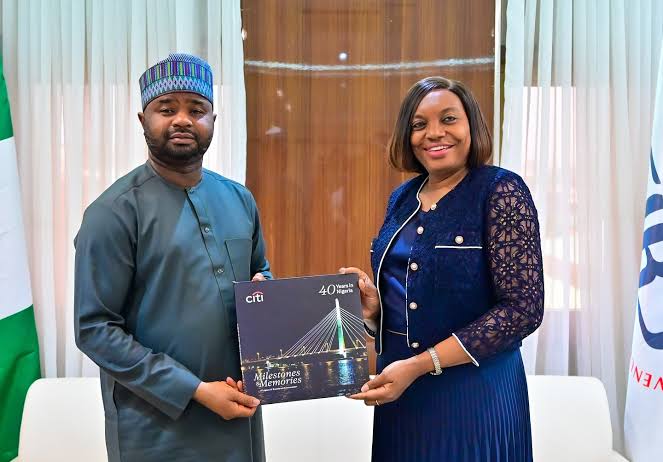VATICAN CITY – The College of Cardinals of the Roman Catholic Church convened today to begin the solemn task of electing a new Pope, following the death of Pope Francis last month. The cardinals will remain in seclusion until they choose a successor, a leader who they hope can bridge divides within the global Church and guide its 1.4 billion members.
The process began with a public Mass in St. Peter’s Basilica, after which the cardinals proceeded to the Sistine Chapel to commence the secret conclave. This ancient ritual, steeped in tradition, reflects the profound responsibility of electing the 267th successor to St. Peter.
The Conclave Process:
- Historically, papal elections rarely conclude on the first day. Voting is expected to continue over several days until a candidate receives the required two-thirds majority.
- The cardinals will participate in up to four ballots each day, after an initial single ballot on Wednesday.
- Following each vote, the ballots are burned. The world watches for the smoke signals emanating from the Sistine Chapel: black smoke signifies an inconclusive vote, while white smoke, accompanied by the ringing of bells, heralds the election of a new Pope.
The Pope’s influence extends far beyond the Catholic Church, serving as a moral voice and advocate for conscience on the global stage.
During the morning Mass, the cardinals prayed for divine guidance in selecting a Pope who will exercise “watchful care” over the world. Cardinal Giovanni Battista Re, Dean of the College of Cardinals, urged his peers to prioritize the good of the Church and humanity above personal considerations. Cardinal Re, being over 80 years of age, is not eligible to participate in the conclave.
In recent days, cardinals have voiced differing perspectives on the qualities desired in the next Pope. Some seek continuity with Pope Francis’ emphasis on openness and reform, while others favor a return to traditional practices. Many express a desire for a papacy characterized by stability and a measured approach.
This conclave includes a record 133 cardinals from 70 countries, reflecting the increasingly global composition of the Catholic Church. This represents an increase from the 115 cardinals from 48 nations who participated in the 2013 conclave, a change attributed to Pope Francis’ efforts to broaden the Church’s reach.
Potential Candidates:
- No clear frontrunner has emerged at this stage.
- Cardinal Pietro Parolin of Italy and Cardinal Luis Antonio Tagle of the Philippines are frequently mentioned as potential candidates.
- Other individuals who may be considered include Cardinal Jean-Marc Aveline (France), Cardinal Peter Erdo (Hungary), Cardinal Robert Prevost (United States), and Cardinal Pierbattista Pizzaballa (Italy).
Cardinal Re, in his homily, emphasized the importance of respecting the diversity within the Church, stating, “Unity does not mean uniformity, but a firm and profound communion in diversity.”
Stringent measures are in place to ensure the secrecy of the conclave. The cardinals are prohibited from communicating with the outside world, and the Vatican has implemented high-tech measures, including jamming devices, to prevent any electronic eavesdropping.
Historically, conclaves have varied in length, with the average duration of the last ten being just over three days. The 2013 conclave, which elected Pope Francis, lasted only two days. The cardinals will likely be mindful of the need for a timely decision to avoid any impression of division or uncertainty.
Approximately 80% of the cardinals participating in this conclave were appointed by Pope Francis, increasing the likelihood that his successor will, to some extent, continue his progressive policies, despite resistance from more traditional elements within the Church.
Key considerations for the cardinal electors will include the geographic origin of the next Pope. Will they seek a leader from the Global South, where the Church is experiencing growth, as they did in 2013 with the election of the Argentinian Pope Francis? Will they turn again to Europe? Or could this be the moment for the first Pope from the United States? The world awaits the outcome of this historic event.



